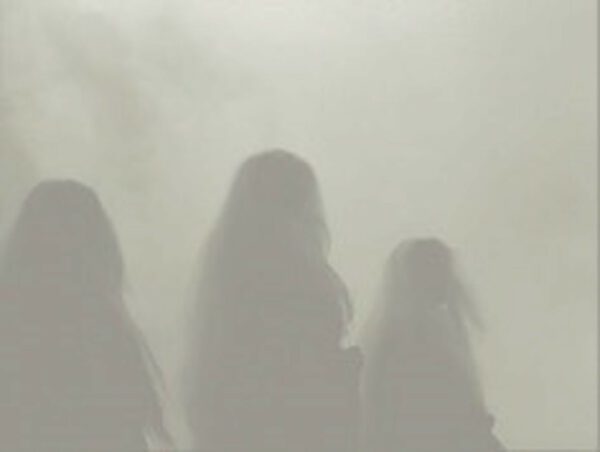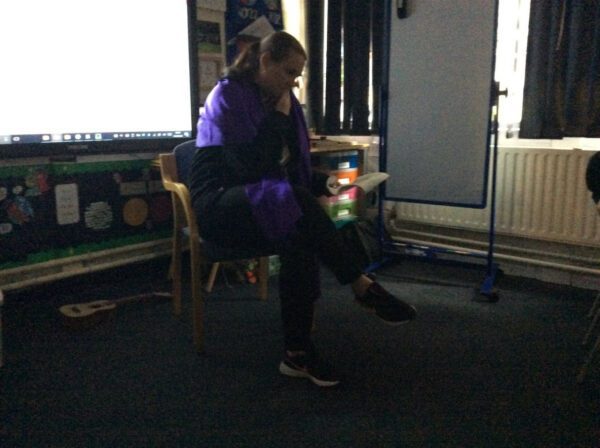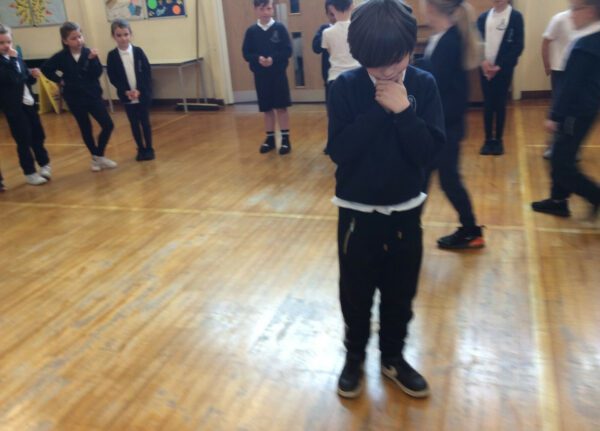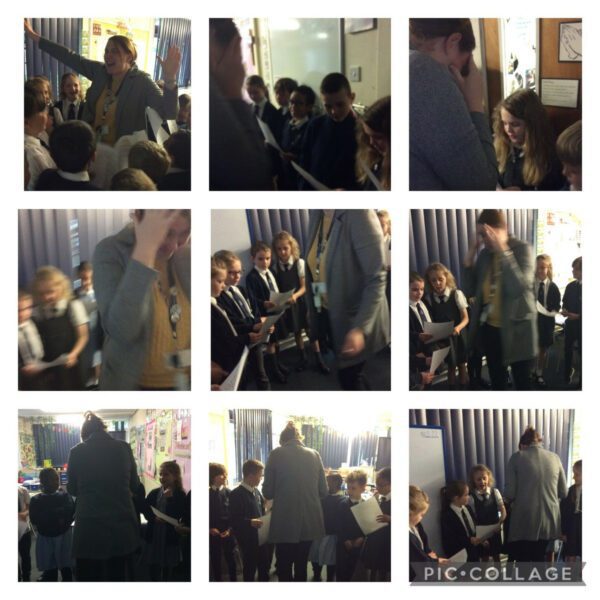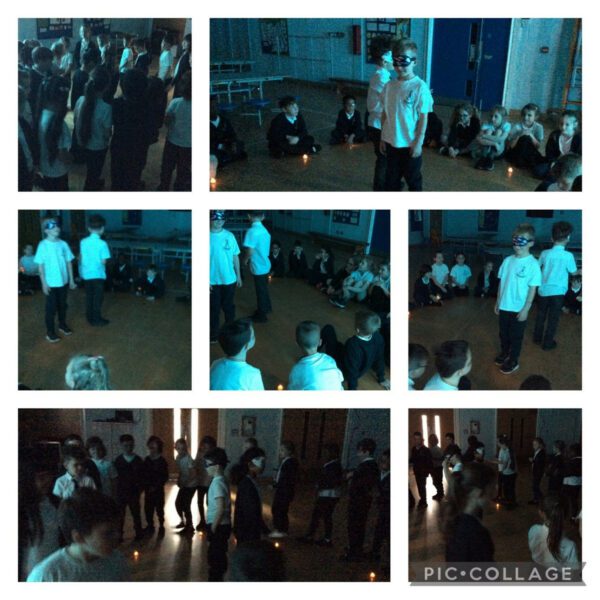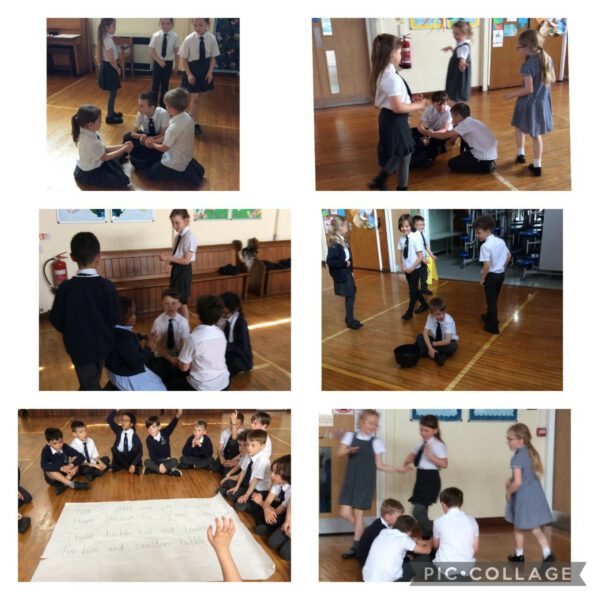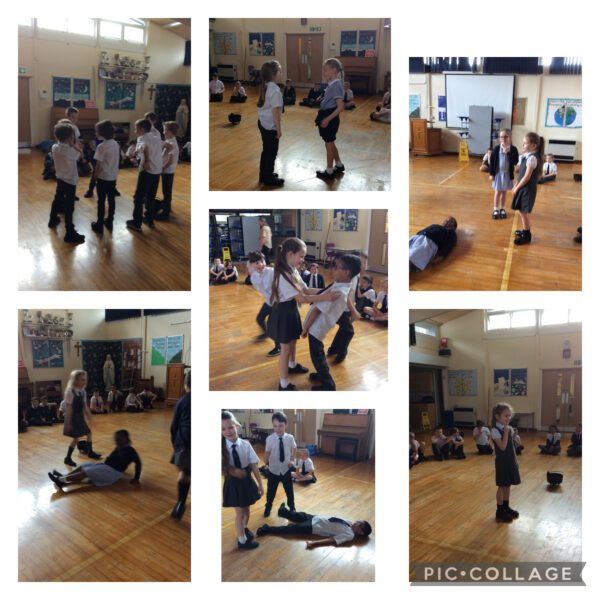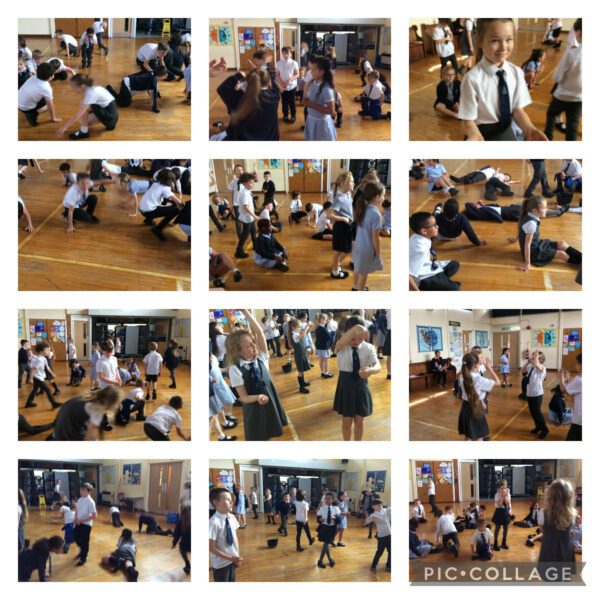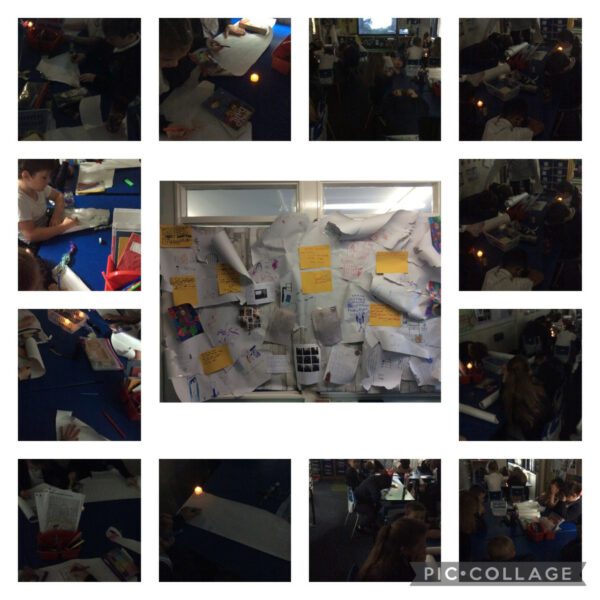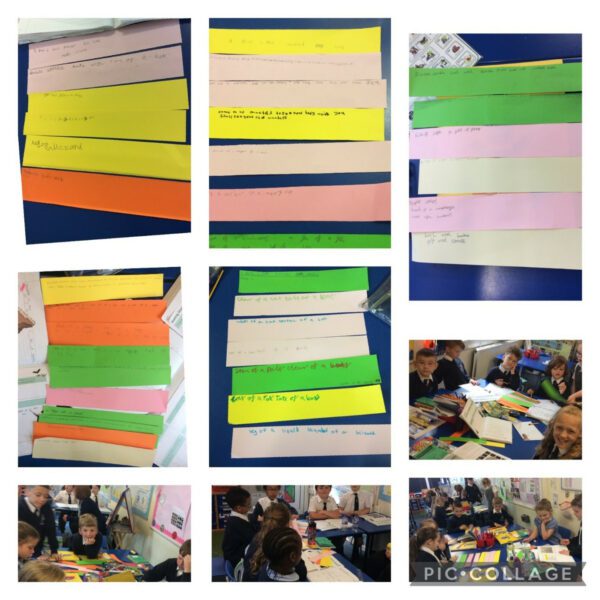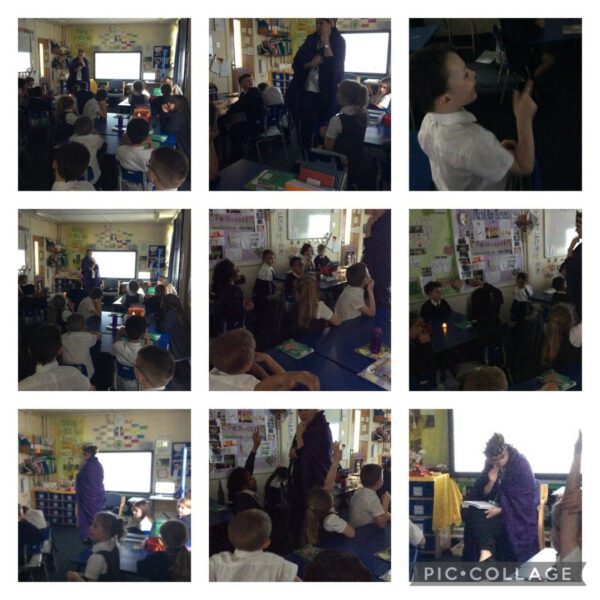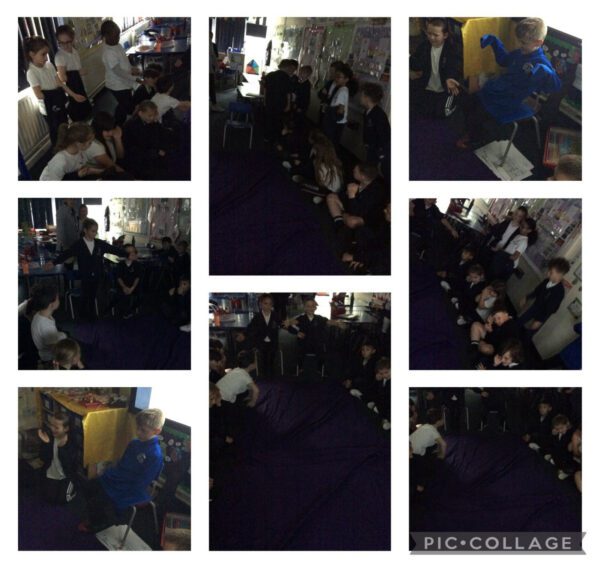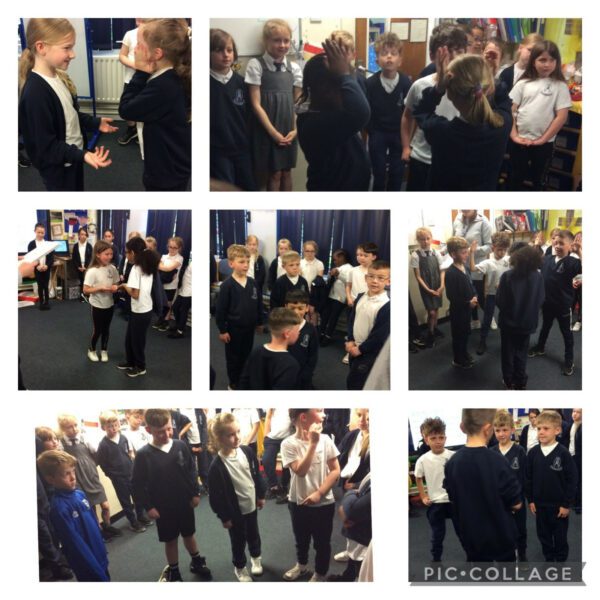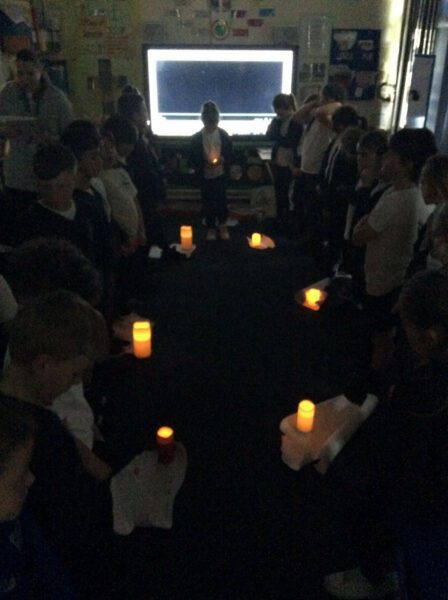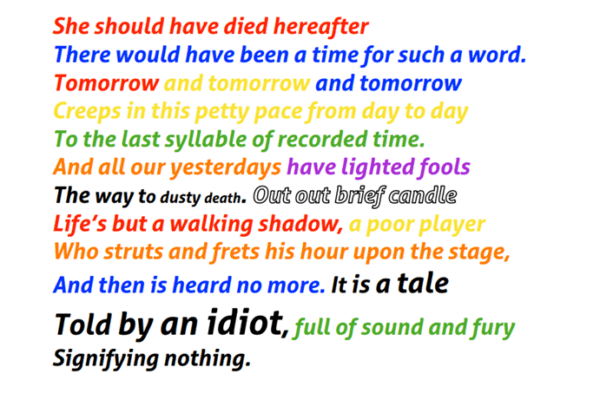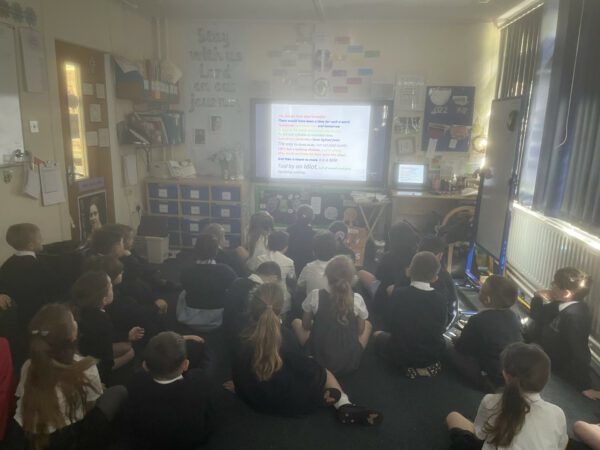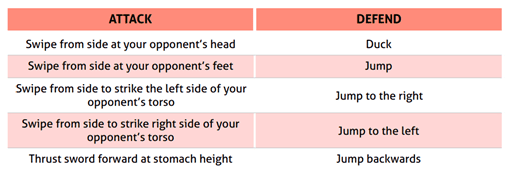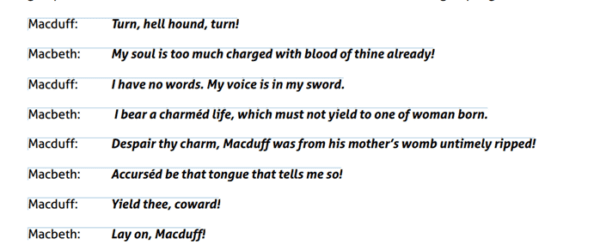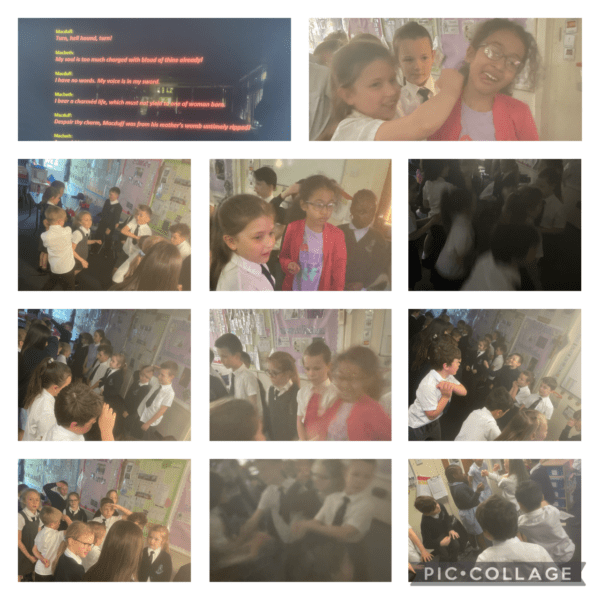The Butcher KING and His Fiend-Like Queen
We discussed this thought-provoking line: Taking power is the easy part, but keeping hold of it is much harder… Do you think this statement is true? Is it true for Macbeth and Lady Macbeth? They have achieved their goal. He is king and she is queen. They have ultimate power. So why are they not happy?
Macbeth tells Lady Macbeth that tonight “there shall be done a deed of dreadful note” and that it is best if she knows no more about it until it is done. Let’s say that after speaking these words Macbeth leaves his wife alone…
We want to ask her some questions, we have to be careful as she may cagey or cautious, we must gain her trust. But perhaps she needs to confide in someone. Let’s say that we could be that person – a confidante, if we approach her correctly. We should be prepared for the fact that she may not tell us the truth, and If we offend her with our questioning she may tell us nothing. We must remember that she is the queen!
We asked questions about her emotional state, about the deeds she had committed and about what Macbeth might be up to. This gave us new insight into Lady Macbeth we thought she was a villain now we doubt that and even started to worry for her.
Lady Macbeth: We hold a great feast tonight, to show the nobles of Scotland that we are their true king and queen. I have heard whisper that some have refused to attend. Why should that be? Macbeth is up to something and I am fearful of what may come to pass. I pray you, friends – if I may be so bold as to name you so – what should I do? We offered her advice, we agreed she must speak with her husband and get him to stop, some even suggest finding Malcolm and giving him the crown as the rightful heir.
The Banquet scene
Let’s look again, in more detail now, at one of the events that happens here within the castle walls. Macbeth has just been crowned king and he and Lady Macbeth hold a lavish banquet. They have invited the lords and nobility of his new kingdom. Perhaps he and Lady Macbeth feel the need to show the court, and the world, just how far they have risen and how powerful they are. But two things are about to happen which will ‘disturb’ their showing off. Firstly, the
murderers, who Macbeth has sent to kill his friend Banquo and his son Fleance, arrive – covered in blood – to tell Macbeth that Banquo is dead but that Fleance escaped them. Then, Macbeth sees (or thinks he sees) the ghost of Banquo sitting before him at the table. Macbeth is tormented by this vision, and Lady Macbeth is forced to try to ‘cover’ for him.
We are all the actors in the scene. I will be the director. Let’s create the banquet scene!
We froze during each scene, then added lines finally we added the repeated phrase “blood will have blood / Sleep no more! / Macbeth doth murder sleep!” We started as a whisper in between the scenes but then got louder for dramatic effect.
mage 1 – The King’s Power
• Macbeth is welcoming the Lords to the banquet
• He is trying to assert his authority
• The guests are suspicious, even scared, of him and his power. Some guests and servants dare not even look at him. How do you show how you feel with your eyes?
• They say ‘The ruled make the ruler’, which means the king’s lords and servants will show us how powerful he is by how they relate and react to him
Macbeth: “At first and last, the hearty welcome”
Image 2 – Murderers
• The murderers appear at the door
• Macbeth goes to talk with them, furious that they have chosen this moment to approach him
• The guests and servants see Macbeth whispering to them, but they daren’t be seen watching too closely
Murderer 1: “My lord, his throat is cut.”
Murderer 2: “Fleance is escaped”
Image 3 – Banquo’s Ghost Appears (this will be a big reveal so relish in the moment!)
• Macbeth sees the ghost sitting in his seat… he shouts in terror
• Everyone reacts
Macbeth (to the ghost): “Never shake thy gory locks at me!
Image 4 – Lady Macbeth Intervenes
• The ghost vanishes
• Lady Macbeth tells everyone to ignore Macbeth’s outburst, as it’s nothing to worry about
• The guests and servants try to carry on as normal
Lady Macbeth (to the guests): “My lord is often thus and has been from his youth”
Image 5 – The Ghost Returns
• Macbeth is even more terrified
• The guests Lords and servants are scared… some even rise from the table
Macbeth: “What man dare, I dare. Take any shape but that!”
Image 6 – The Banquet Ends
• Lady Macbeth tells everyone to leave at once
• They begin depart looking suspiciously and fearfully at their king
• Macbeth is rattled to his very core!
Lady Macbeth: “Stand not upon the order of your going, but go at once”
Macbeth: “It will have blood they say: Blood will have blood”
Then we add a ghostly chorus inbetween each scene, starting with a whisper then getting louder.
Blood will have blood / Sleep no more! / Macbeth doth murder sleep!
